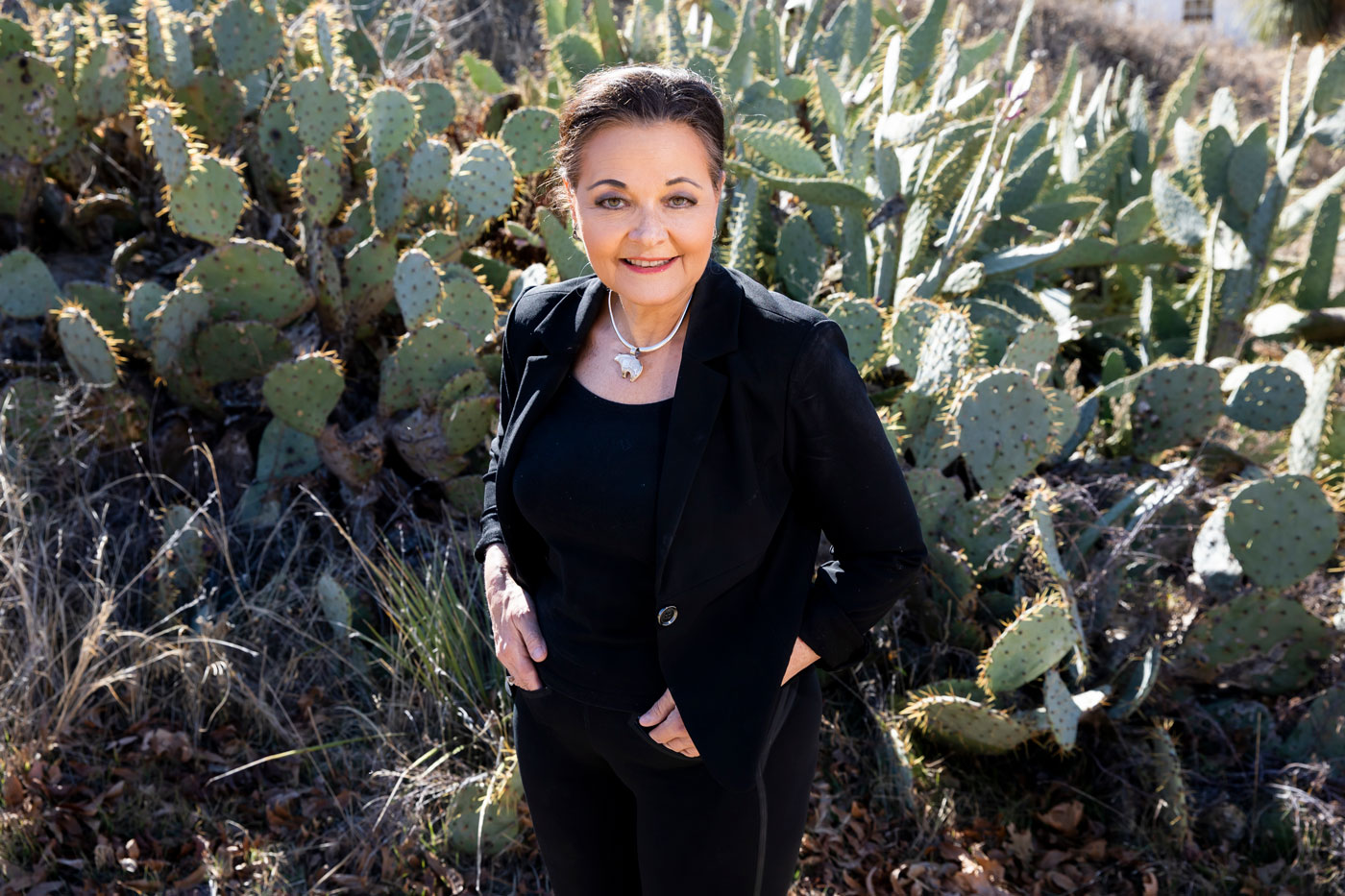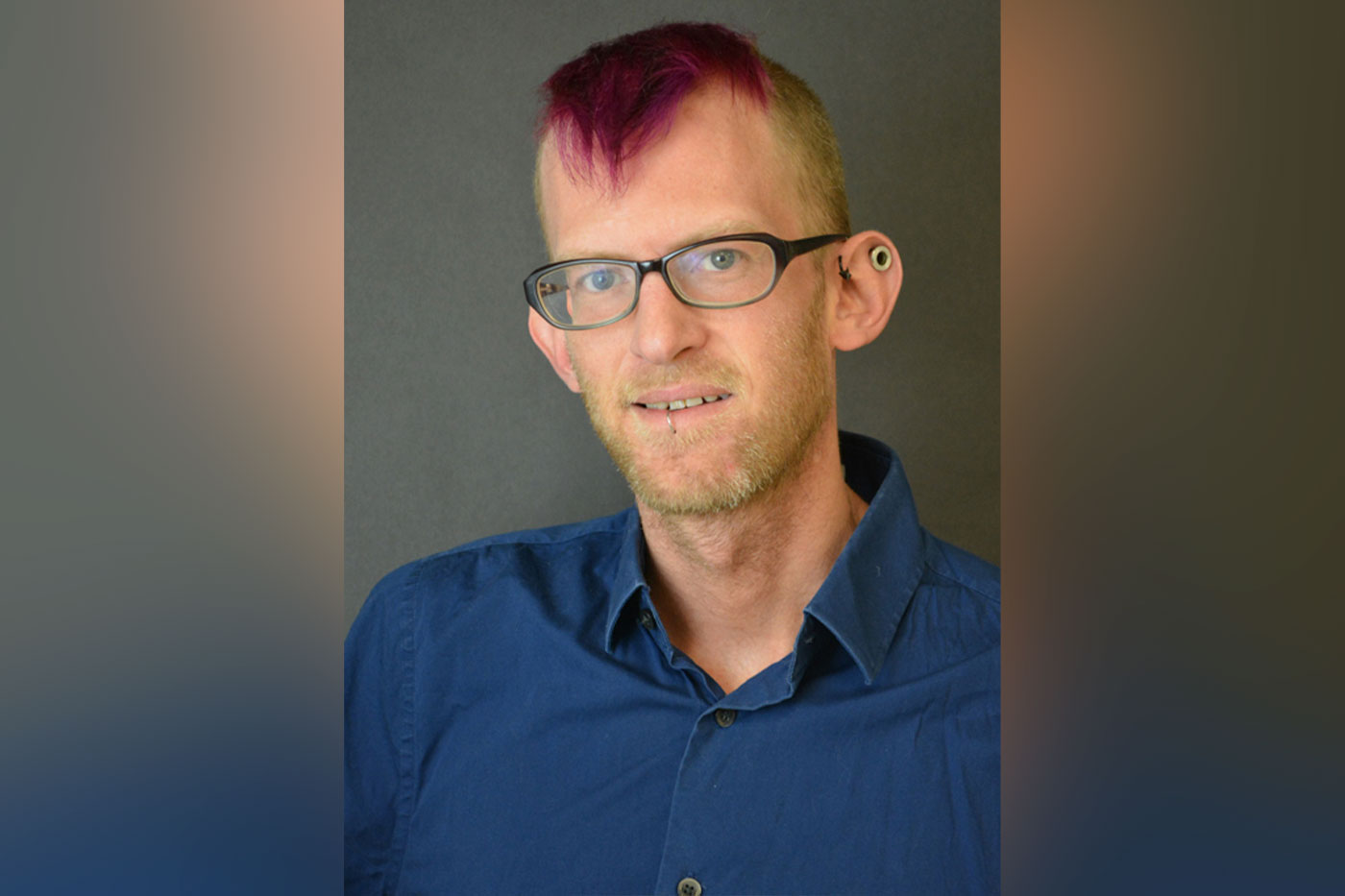Texas Tech experts discuss possible impacts of AI lawsuit and copyright protections.
As the battle lines continue to be drawn in the emerging and sometimes murky world of artificial intelligence (AI), an ongoing skirmish around author copyrights is headed for a courtroom.
In September, the Authors Guild filed a proposed class-action lawsuit against OpenAI, which is the company behind ChatGPT, the large language model that has disrupted numerous disciplines, including higher education. The lawsuit claims their work is being used without permission or compensation.
“We are definitely in new territory with artificial intelligence,” said Michael Faris, associate professor and chairperson of the English Department at Texas Tech University. “I am not an attorney so the legal implications, I’m not sure of, but this case comes down to theories on reading and using these books for one’s own profit.”
The guild represents 17 authors who claim OpenAI has illegally pirated hundreds of books and used them to train ChatGPT without their consent. OpenAI claims the material is available under fair use, allowing limited use of copyrighted material. The group includes some of the country’s best-known authors, including Michael Connelly, George R.R. Martin and Jodi Picoult.
One use of ChatGPT is to “train” it to produce new content by accessing existing content. Often, this is done through extensive internet searches, but can be augmented in other ways. The legal question to be resolved is whether the practice violates copyright laws.
“I don’t think this particular lawsuit is going to succeed because it’s too vague,” said Vickie Sutton, associate dean for digital learning and graduate education and Paul Whitfield Horn Distinguished Professor in the Texas Tech School of Law. “I think what they are doing is really just setting a marker that nobody should have permission to do this (infringe on one’s copyright without permission).”

Faris understands the copyright question, but he also said researchers across higher education regularly rely upon the work of other authors in their pursuit of new knowledge. The important difference, though, is scholars scrupulously credit the sources they use.
“Reading these texts make us smarter and more intelligent,” he said. “They make you more aware of different realities, and then you publish on those, draw from them and quote from them. AI is similar in some ways, but ChatGPT is also learning from what it reads and adapting.”
The world of AI continues to change rapidly, and several companies on the leading edge of the technology are facing a flurry of litigation from not only writers but also visual artists and source-code writers who are adamant in protecting what they consider to be their intellectual property.
“You may have to wait until someone has made some money on it, but that is kind of anticipatory,” Sutton said, “and our law doesn’t work on anticipatory practice or violations of the law. Besides that, could you tell how much money they made, and would it really be a large amount?”
Sutton thinks it will take someone significantly profiting off the authors’ work before the matter can be dealt with legally.
“The real action as far as litigation is going to be when people start to use it and make money,” she said.
To some extent, that is already happening with AI-generated books finding their way onto Amazon and being sold as genuine works by the original author. For example, according to one published report, someone used ChatGPT to write the final book in a series by Martin that has not been written yet. Another author found a handful of AI-created books for sale with her name on them.
For their part, the authors say they should have control of their content as far as whether it can be used by AI and how it may be used.
“One question is whether the AI companies are paying for access to these books,” Faris said. “They’re getting them somehow. When I read a book, I have to pay for it or check it out from the library. Who is paying for the access in this case?”

There are other nuances to consider as well. If someone reads a book by an author and likes the style in which it’s written, that could influence their writing stylistically without directly taking the content.
“I may not write like they do, but I draw on their stylistic choices in my own writing,” Faris said. “I think that’s what good writers do. They recognize interesting writing choices and decide they’re going to try them on in what they write.”
The way AI has grown just in the past year has caused some experts to worry about its future, possibly malicious, applications. As a result, there are those who want to see companies engaged in AI research to pause their activities. In late October, President Biden issued an executive order calling for a coordinated federal government approach that would oversee safe and responsible development and use of AI.
The order establishes eight guiding principles and priorities while tasking the Commerce Department with leading the efforts and having meaningful standards in place within nine months.
“This lawsuit announces to the world that you don’t have permission to use the authors’ work this way,” Sutton said. “I am guessing they want to move toward establishing that no one has permission to train a language model to use their style in writing a book for future litigation.
“But if you think about it, people learn to write in a particular style, so you read Shakespeare, and if you read enough of it, you will probably be able to write something in the style of Shakespeare.”
Faris understands why authors want to vigorously guard their content.
“I come from a viewpoint that these people have invested their own intellectual capital in producing this work,” he said. “I think, broadly speaking, that these are the exact sorts of things all teachers should be considering as far as how technology affects writing.”

